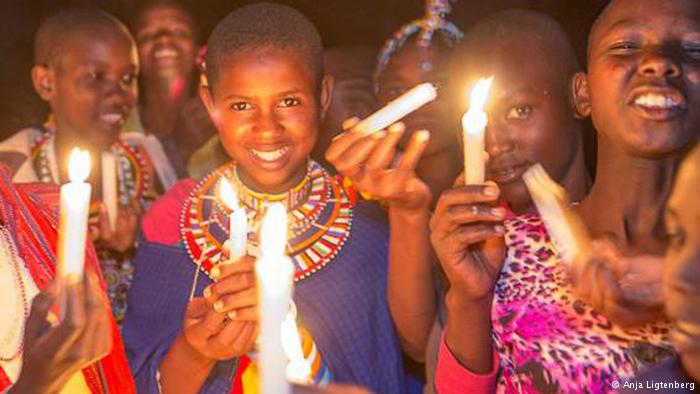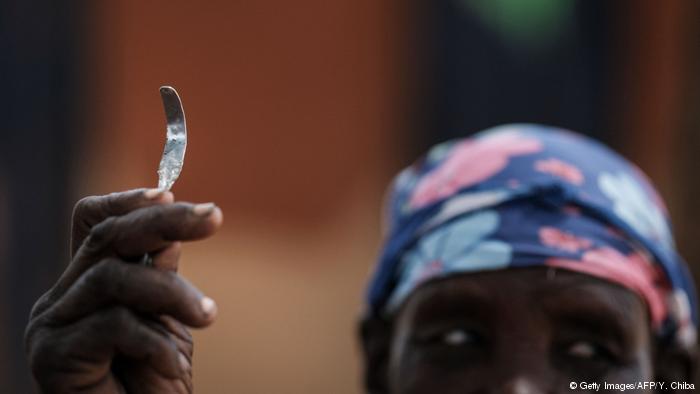‘We speak out to #endFGM’
Gundo, a Senegalese woman working to stop female genital mutilation (FGM). But this isn’t a problem limited to Africa. Our reporters meet women speaking out in Germany and the UK as part of our upcoming webisode #endFGM. Watch these hopeful stories about a tradition that needs to change – and join in using the hashtag #endFGM
Gundo comes from a village in Senegal where it was normal for girls to be cut. But the women and girls living in Dougue were determined to stop the practice. Now they want to convince others to #endFGM. Watch her story here, and get more informatiion on http://dw.com/lifelinks
WTO RECOMMENDS
FGM: a tradition that remains alive despite international condemnation
Female genital mutilation is still practised in many African countries, despite being officially banned. Girl members of the semi nomadic Pokot ethnic group in Kenya have to undergo the painful ritual. (From February 24, 2015)
How to become a woman, without being cut
Many FGM traditions are rooted in a transition to womanhood. Maasai girls in Kenya are continuing rich, coming-of-age rituals – without genital mutilation – and learning about their bodies instead. (From October 5, 2015)
Challenging tradition in Iraqi Kurdistan
A number of female journalists in Iraqi Kurdistan are shaking up a male-dominated domain with a magazine that aims to highlight the problems and abuse many women still face. Melissa Tabeek reports from Sulaymaniyah. (From April 9, 2015)







